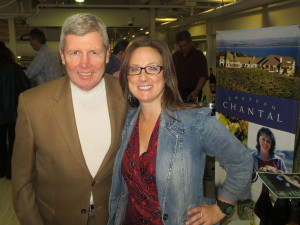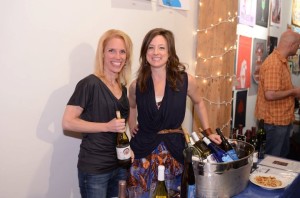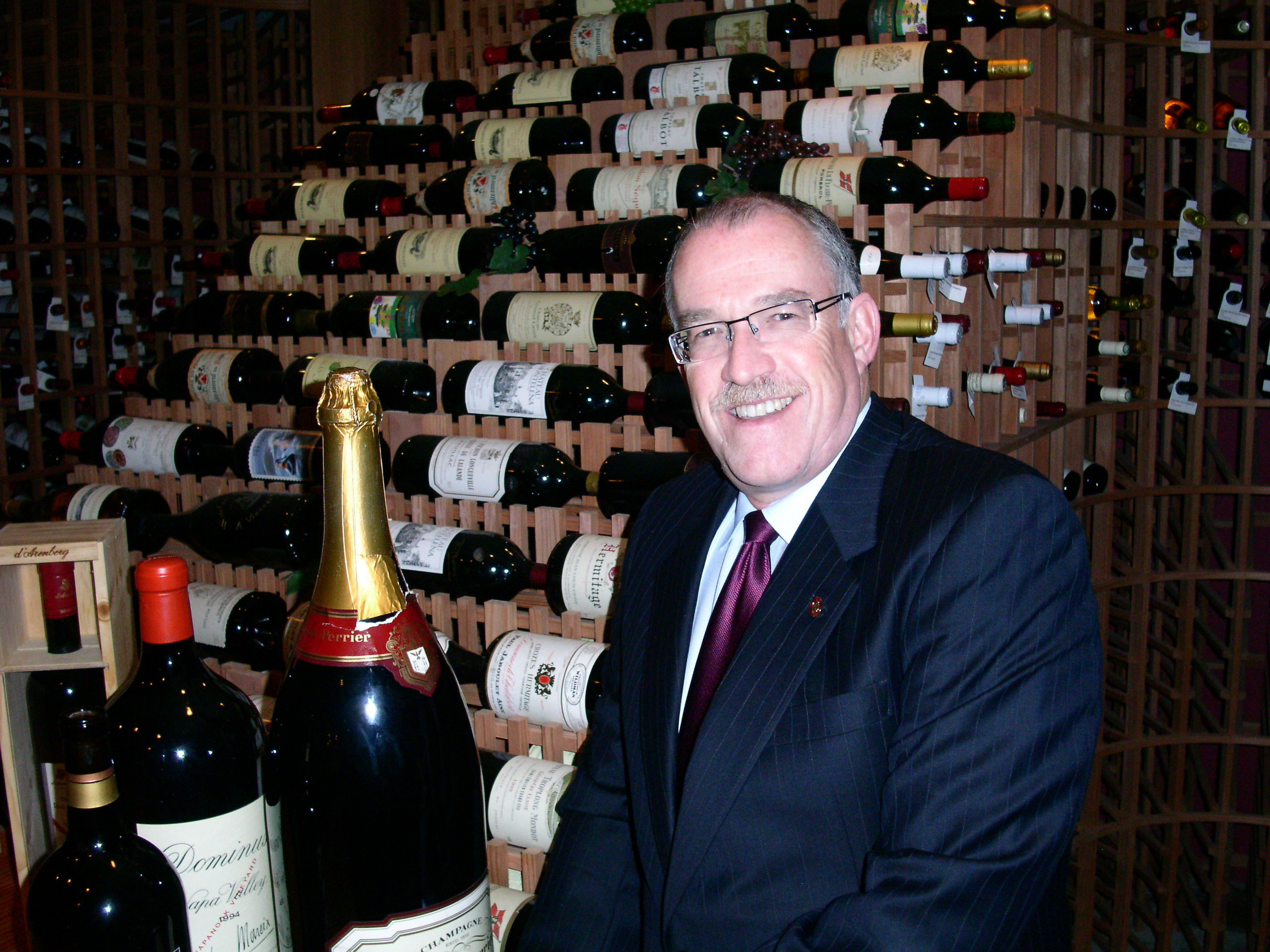Fresh Coast Makes Michigan Wine Happen in Chicago
During 2009, in the midst of the Great Recession, Kelly Kniewel was laid off from her data base marketing job. At a wine tasting soon after, a friend commented about the difficulty of finding Michigan wine in Chicago. According to Kniewel, at that moment the seed for Fresh Coast Distributors was planted.
“It one was of those things that kept me up at night,” she said. “Starting a wine distributorship in Chicago focusing on Michigan and regional beverages felt like the right thing to do.”
Kniewel, who had a vacation home in South Haven, Michigan, said she knew from the start that the improved quality of Michigan wine could appeal to the urban palates of big city residents.
With a metro area of nine and one half million, Chicago is by far the largest wine market in the Midwest. Despite the millions of wine drinkers in Northeastern Illinois, regional wine can still be a hard sell.
Factors contributing to the headwind regional wine faces in Chicago include the antiquated preferences of a few large distributors and outdated perceptions of Midwestern wine quality.
With dogged determination and products that can now compete, Kniewel is one of the first distributors to have widespread success with regional wine in Chicago. Now in its third year in business, Fresh Coast is gaining traction. During July 2013, year-to-date sales surpassed the total for all of 2012, Kniewel said.
In perhaps the biggest coup ever for Michigan wine in Chicago, Kniewel has secured a commitment from Binny’s Beverage Depot to sell Michigan wine from Domaine Berrien Cellars at several stores in Chicago and suburbs.
With 29 stores and total sales of over $300 million per year, Binny’s is the largest wine retailer in Illinois. Binny’s slogan, “If you can’t find it at Binny’s, it’s probably not worth drinking” has been especially galling to Midwest wineries who feel they deserve a chance to compete.
Kniewel convinced Binny’s to carry Michigan wine in the same way she has cultivated most of her restaurant and retail relationships, through direct calling. “That’s what I love the most,” Kniewel said, “going out and actually talking with the wine sellers face-to-face.”
Recently, Fresh Coast added two more accounts. The popular Haymarket restaurant on Halsted Avenue and the all the Mariano’s grocery stores in the city will be carrying Michigan wine soon.
In another positive sign, Kniewel said that Whole Foods will start selling Midwest wine again after a hiatus. “Selling regional wine at the store level can be a “hand sell,” Kniewel said. “That’s why we are constantly doing events and in store promotions.”
Fresh Coast Distributors currently has 16 suppliers. Nine are from Michigan including Leelanau’s Bel Lago Winery and Fenn Valley Winery. The company also represents Fox Valley Winery and Quincy Street Distillery in Illinois, Turtle Run Winery in Indiana and Crema Fina in Wisconsin.
This year, Fresh Coast added representatives for Joliet, Bloomington and Champaign, Illinois. In Chicago, Kniewel currently has seven representatives servicing clients in the metropolitan area.
Kniewel said that she feels fortunate to be in a position to help local artisans showcase their products and do what they love. “I’m really just the connector between unique, interesting products and retailers and restaurants who have the guts to embrace something from off-the-beaten-path, she said. “When you look at the big picture, it’s also healthy for our local economy.”
Among her favorite Chicago retail and restaurant wine innovators, Kniewel mentions Farmhouse Restaurant and Provenance Food and Wine. Farmhouse was the first restaurant in Chicago to offer keg wine from Michigan and Provenance specializes in affordable, sustainably produced wines.
“It’s my goal to see at local wine on the list in every restaurant in Chicago,” Kniewel said. “If you are putting together a wine menu, you owe it to your customers to give them a local, green choice.”




